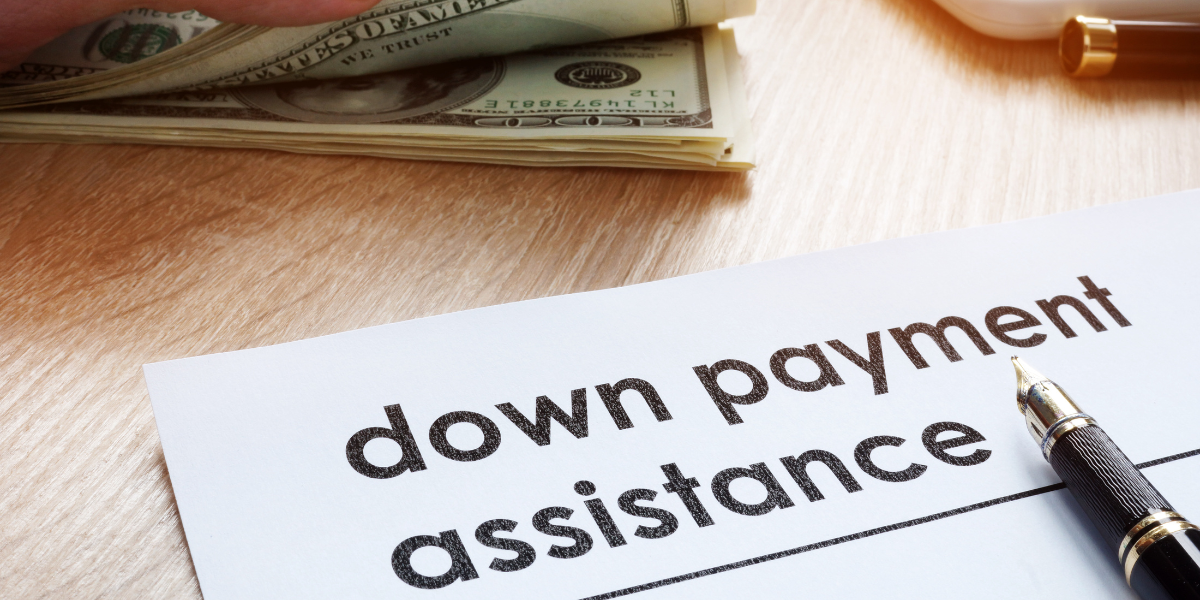From down payment assistance programs, to special financing options and mortgage incentives, there are a variety of ways to make buying a home more affordable.
As a first-time homebuyer, you may have additional challenges when it comes to financing your new home. Whether purchasing a small starter home, or investing in a luxury home, here are some finance tips specifically for first time home buyers.
With the right financial plan in place, you can get into that perfect home sooner rather than later.
Shop around for the best mortgage rates
Lenders all have different rates and terms, so it is important to shop around to find the best mortgage rate for your specific situation. You can start this shopping process as soon as you have decided on a home and have a general idea of how much you can afford to spend.
The sooner you start shopping for a mortgage, the more options you will have available to you. Certain types of mortgages may take longer to qualify for, or have very strict deadlines that must be met. In most cases, your realtor or real estate agent will be able to assist you by providing information about the various options available to you.
If you qualify for a special loan program, like a down payment assistance program, it is a good idea to take advantage of it. These types of programs often have additional requirements you must meet to qualify, but can save you a significant amount of upfront costs in the end.
Estimate how much you can spend
Before you start looking for financing options, it is important to estimate how much you can afford to spend on a home. There are several different ways to do this.
One great way to help figure this out is by utilizing the 28/36 rule. This rule states that your total monthly household expenses, including your mortgage payment, should not exceed 28% of your gross monthly income. In addition, your total household debt should not exceed 36% of your gross monthly income.
It is important to note that these are just general guidelines, and a good starting point when considering how much you may be able to afford. Your unique situation will determine how much you can comfortably afford to spend on a home.
Of course, you’ll also need to figure out how much, if any, you’ll be using as a down payment. And as with any move you’ll also need to take moving costs and utilities into consideration.

Check out down payment assistance programs
It is always a great idea for first time home buyers to look into down payment assistance programs. These programs are often offered by the state, or local government, and in some instances by private sector nonprofits.
They help first time home buyers by giving them a grant or a low-interest loan for their down payment, thereby relieving qualified applicants of immediate upfront cost when purchasing a home.
It is important to do your research to find which of these programs you may qualify for, and which one will work best for you.
Negotiate the price of your new home
If you find a home that is perfect for you, but the seller is asking a little too much, there are a few ways to negotiate the price down. The most important thing to keep in mind when negotiating is that the seller wants to sell their home. This means that they may be willing to come down on the price if you ask.
There’s no need to handle this sometimes awkward step on your own. When working with a trusted real estate professional, they will be able to provide you with a reasonable offer price, and handle the negotiation on your behalf. They have a wealth of knowledge when it comes to current market conditions, and what homes are currently selling for in the area you’re looking to purchase.

Know your loan options
When discussing different financing options, there are some things to keep in mind. From conventional home loans to special loan programs, there are several different options available to most first time home buyers when it comes time to purchase. It’s important to know which ones you qualify for and what will work best for you.
Aside from your more standard mortgages, you’ll see government-backed loans such as FHA, USDA, and VA loans, as well as non-conforming loan options. When looking at these options, it’s always best to enlist the assistance of a qualified professional.
If you’re not sure where to turn, ask your agent. Amongst the many top benefits of working with a realtor, they will typically have solid working relationships with one or more of the better lenders in your area. Whether it be for conventional loans, or government backed funding, a good realtor will be able to put you in touch with the right person.
Final Words
Financing your first home can be challenging. However, if you research your options, shop around for the best mortgage rates, and estimate how much you can spend, you can find the right loan for you.
It is also important to check out down payment assistance programs that can help you put less money down. If you negotiate the price of your new home, you may be able to save money on your home purchase.
No matter what, remember that purchasing your first home is one of the most exciting and rewarding events of one’s life. With the right financial plan in place, you’ll be in your first home in no time.
